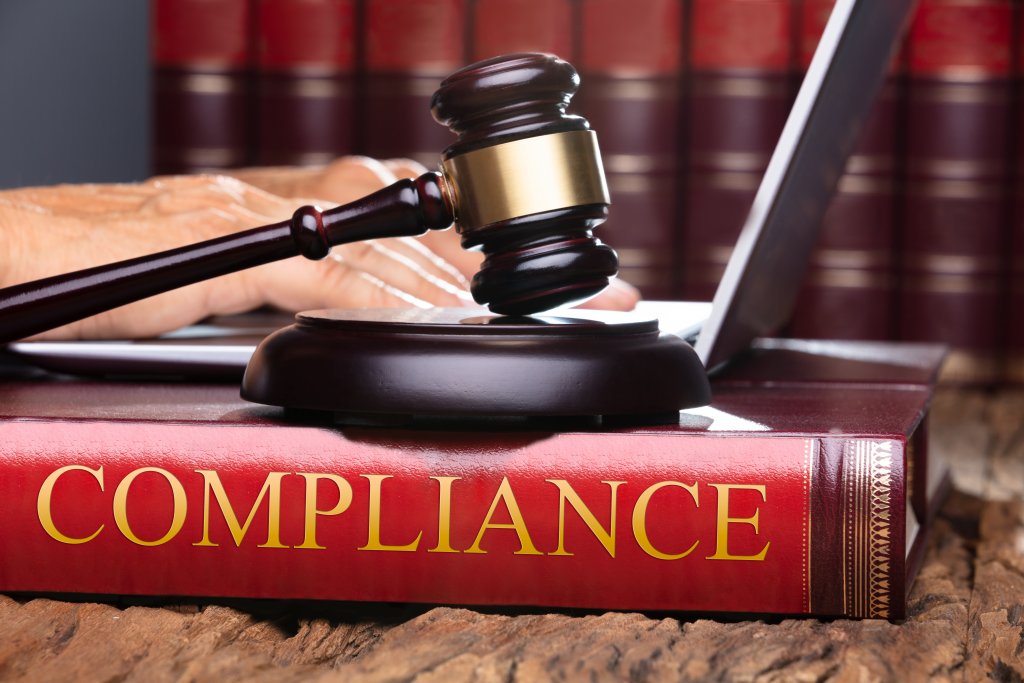December 7, 2023
Sustainability is a business baseline
As the climate crisis continues to intensify, federal, state and local governments are implementing an ever-increasing number of regulations with a sustainability-driven focus, while also developing new regulatory tools, such as building performance standards.
At the same time, a historic number of companies have made public climate goals (i.e. carbon neutral by 2030). And as Environmental, Social and Governance (ESG) gains increased traction, both domestic and global ESG requirements are often layered on top of these regulations.
The result can be a complicated web of requirements; so how can practitioners manage the associated risks?
Best Practices
In this quickly evolving space, practitioners can ground their processes in several common-sense best practices.
- Clearly delineate goals or aspirational objectives from regulatory and contractual requirements.
It is a common regulatory cadence for incentives to evolve into requirements, particularly once benchmarks or other performance metrics are established through voluntary or low-stakes reporting processes. It is important that practitioners understand mandatory requirements, and in contracts and other written documents, delineate those from aspirational goals.
- Manage the risks of the present, with an eye towards future areas of regulation.
Given the immediacy of the climate crisis, a significant focus is currently on energy performance, electrification, and the development of clean energy technologies. These are important strategies, and as our climate changes, they are expected to be quickly followed by requirements related to water conservation and reuse, in addition to resilience strategies.
Because design and construction projects can last years, it is important to think longer term when analyzing potential future risks and developing plans to manage them those risks.
- Ask for support from local experts and government staff.
For companies that work in multiple jurisdictions, it is important to leverage local knowledge. This can mean engaging local experts; participating in industry driven organizations and non-profits, which often have insights into local issues and trends; or communicating with city, state or county staff. When new legislation is introduced, government entities will often establish hotlines, employ additional staff, or co-develop industry tools and resources.
Take advantage of these opportunities to engage in the process and benefit from free or low-cost support.
Communicate with your insurance broker.
When new or evolving risks are at play, it makes sense to check in with your insurance broker. As the risk landscape changes, insurance companies often develop new insurance tools, as well as guidance resources, to support their insureds. Communication is key to ensuring that that your insurance program provides the protection your company needs.
Stay up to date by reviewing robust, industry-trusted resources.
There is a lot of information out there, and it can be difficult to know where to find reliable, unbiased answers. In addition to resources provided by your insurance broker, look for industry resources that are free from marketing and endorsements. Select a few trusted industry leaders and follow them on social media platforms like LinkedIn, or subscribe to their newsletters.
And as with all things, do your own research and develop your own conclusions, based on your work, your projects, consultation with your risk management teams, and your experience. When things are changing quickly, a little common sense, and a mindful approach, can go a long way!
Nicole DeNamur is an attorney and sustainability consultant, based in Seattle, WA. Her company, Sustainable Strategies, helps clients identify and manage the risks of sustainable innovation so they can pursue robust sustainability goals. She is also an award-winning contributing author and has developed and taught graduate-level courses at the University of Washington and Boston Architectural College. Nicole was named Educator of the Year by the International WELL Building Institute, and Sustainable Strategies hosts an online course, Accelerated WELL AP Exam Prep.
AIA Contract Documents has provided this article for general informational purposes only. The information provided is not legal opinion or legal advice and does not create an attorney-client relationship of any kind. This article is also not intended to provide guidance as to how project parties should interpret their specific contracts or resolve contract disputes, as those decisions will need to be made in consultation with legal counsel, insurance counsel, and other professionals, and based upon a multitude of factors.

